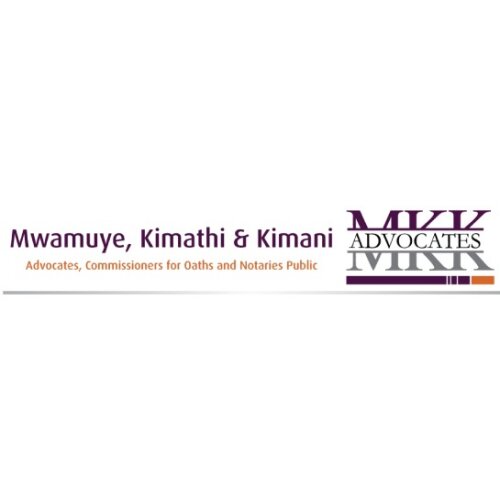About Administrative Law in Nairobi, Kenya
Administrative law in Nairobi, Kenya, deals with the organization, powers, duties, and functions of public administration and quasi-judicial bodies. It involves rules and regulations that govern disputes between individuals and government agencies. It also deals with the behavior of government officials, and the protection of rights by public service commissions, city councils, and other administrative agencies.
Why You May Need a Lawyer
Engaging an Administrative lawyer becomes necessary when you are faced with disputes that involve government agencies. If, for instance, you are denied a permit or license by a government agency, or facing regulatory enforcement actions, you need to secure the services of an Administrative lawyer. Lawyers in this field are also helpful for businesses needing to comply with newly introduced regulations or those wishing to contest fines or penalties.
Local Laws Overview
The Kenyan Constitution and various Acts of Parliament govern administrative law in Nairobi, Kenya. A key aspect is the Fair Administrative Act, which ensures procedural fairness during administrative processes. The Public Officer Ethics Act also helps in holding public officers accountable for their actions. More recently, the Information Act implemented provides the public with a right to access information held by public and private bodies, which has significantly impacted administrative law.
Frequently Asked Questions
What is the difference between civil and administrative law?
While civil law deals with disputes between individuals and organizations, administrative law involves disputes with government agencies. It particularly concerns public administration matters.
Can administrative law decisions be appealed?
Yes, decisions made in administrative law can be appealed in higher courts, including the High Court and the Court of Appeal.
Do I always need a lawyer for administrative issues?
Not necessarily. In many cases, issues can be resolved at an agency level. However, for more complex disputes or if your rights have been violated, getting legal help is recommended.
What is judicial review in administrative law?
Judicial Review is a process whereby legality, constitutionality, and fairness of administrative decisions are reviewed by courts.
Can I get free legal aid for administrative Issues?
Yes. There are several non-profit organizations and government programs in Kenya that offer free or affordable legal aid to those in need.
Additional Resources
The Kenya Law website provides access to all Kenyan legislation, case law, and legal commentary. The Judicial Service Commission and the Kenyan Judiciary website are excellent resources for understanding the administrative law process in the Kenyan context.
Next Steps
If you need legal assistance in the field of administrative law, start by identifying a well-respected lawyer or firm with administrative law expertise. Understand your rights, options and the potential costs before proceeding. Lastly, ensure to participate actively in your case and make sure your lawyer explains all your queries and keeps you informed about your case's progress.
Lawzana helps you find the best lawyers and law firms in Nairobi through a curated and pre-screened list of qualified legal professionals. Our platform offers rankings and detailed profiles of attorneys and law firms, allowing you to compare based on practice areas, including Administrative, experience, and client feedback.
Each profile includes a description of the firm's areas of practice, client reviews, team members and partners, year of establishment, spoken languages, office locations, contact information, social media presence, and any published articles or resources. Most firms on our platform speak English and are experienced in both local and international legal matters.
Get a quote from top-rated law firms in Nairobi, Kenya — quickly, securely, and without unnecessary hassle.
Disclaimer:
The information provided on this page is for general informational purposes only and does not constitute legal advice. While we strive to ensure the accuracy and relevance of the content, legal information may change over time, and interpretations of the law can vary. You should always consult with a qualified legal professional for advice specific to your situation.
We disclaim all liability for actions taken or not taken based on the content of this page. If you believe any information is incorrect or outdated, please contact us, and we will review and update it where appropriate.

















